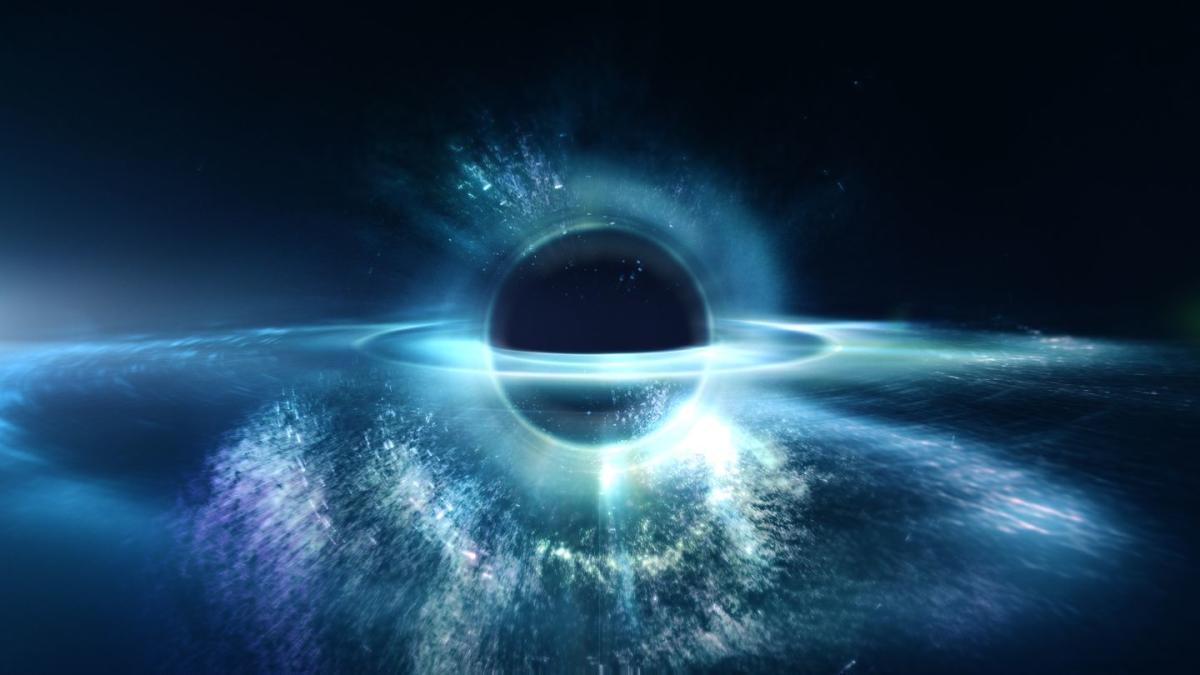
Fusion energy has long been hailed as the holy grail of clean and virtually limitless power. The concept of harnessing the same process that powers the sun to generate electricity here on Earth has captivated scientists and policymakers for decades. But is fusion energy finally becoming a reality?
What is fusion energy?
Fusion energy is a type of nuclear energy that occurs when two light atomic nuclei, typically isotopes of hydrogen, combine to form a heavier nucleus. This process releases an enormous amount of energy, much more than traditional nuclear fission reactions.
How does fusion energy work?
In order to achieve fusion, extreme temperatures and pressures are required to overcome the natural repulsion between atomic nuclei. This is typically done by heating a plasma of hydrogen isotopes to temperatures exceeding tens of millions of degrees Celsius. The plasma is then confined using powerful magnetic fields to prevent it from coming into contact with the walls of the containment vessel.
Current state of fusion energy research
While fusion energy has been a topic of research for many years, it has proven to be an incredibly complex challenge. Scientists have made significant progress, with the construction of experimental reactors such as the Joint European Torus (JET) and the International Thermonuclear Experimental Reactor (ITER). These projects aim to demonstrate the feasibility of fusion as a viable energy source.
Challenges and timeline
One of the main challenges in achieving fusion energy is sustaining the necessary conditions for a sufficient amount of time to produce a net energy gain. Additionally, the cost of building and operating fusion reactors remains a significant obstacle. While progress has been made, experts estimate that it will still take several decades before fusion energy becomes commercially viable.
Conclusion
While fusion energy holds immense promise, it is not yet a reality. Scientists and engineers continue to work tirelessly to overcome the technical and economic challenges associated with fusion. However, the progress made so far suggests that fusion energy could become a game-changer in the future, providing a clean and virtually limitless source of power.
FAQ
Is fusion energy safe?
Fusion energy is considered to be inherently safe. Unlike traditional nuclear fission reactors, fusion reactors do not produce long-lived radioactive waste or have the potential for catastrophic meltdowns.
Will fusion energy replace other forms of energy?
While fusion energy has the potential to be a major source of electricity, it is unlikely to completely replace other forms of energy. It is more likely to complement existing renewable energy sources and help meet the increasing global energy demand.
How much fusion energy is needed to power a city?
The amount of fusion energy required to power a city depends on its size and energy consumption. However, it is estimated that a single fusion power plant could provide enough electricity to power several hundred thousand homes.




